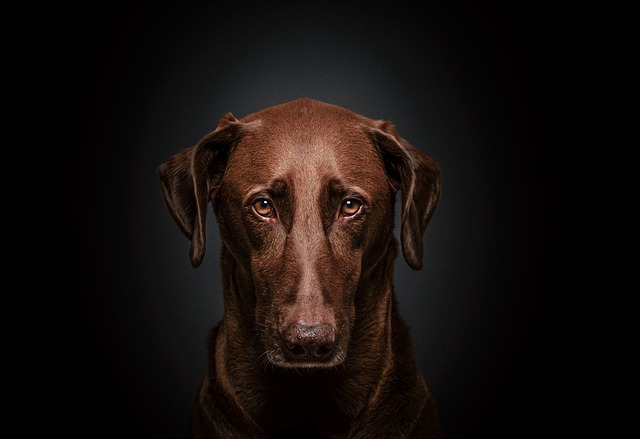
How to guide your dog to urinate and defecate outside?
Puppy pads scattered across the kitchen, a surprise pile behind the couch, the frantic scramble to clean before guests arrive—house-training struggles feel universal.
Dogs rummaging through trash isn’t just messy—it can turn dangerous fast. A single bite of spoiled food might lead to upset stomachs, while wrappers or bones could get stuck in their throats. In many places across Europe and North America, local ordinances even fine owners for leaving trash scattered, treating it as a public health concern. So nipping this habit in the bud matters for everyone.
Start by understanding why they’re doing it. Boredom is a big trigger. A dog left alone for hours with nothing to do will turn to trash as a game. Hunger plays a role too—if their meals are irregular or lack enough protein, that bin starts looking like a buffet. Some breeds, like terriers with their strong prey drive, might see rustling bags as a fun challenge.
The first fix is simple: make the trash inaccessible. Use a bin with a tight-fitting lid, or store it behind a closed cabinet door. In kitchens with open layouts, a childproof lock on the bin can work wonders. For outdoor areas, especially in places with strict sanitation laws like parts of Germany or California, a secure outdoor container keeps both your dog and local wildlife out of trouble.
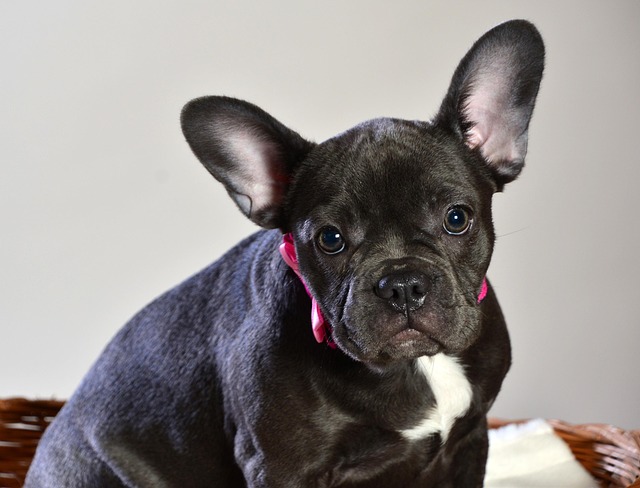 Next, redirect that energy. A 30-minute walk or a game of fetch before you leave the house burns off excess energy, making trash diving less appealing. Puzzle toys stuffed with treats can keep their minds busy—think Kongs filled with peanut butter (check the label for xylitol, which is toxic) or frozen broth cubes. Rotating toys keeps things interesting; a bored dog is far more likely to seek mischief.
Next, redirect that energy. A 30-minute walk or a game of fetch before you leave the house burns off excess energy, making trash diving less appealing. Puzzle toys stuffed with treats can keep their minds busy—think Kongs filled with peanut butter (check the label for xylitol, which is toxic) or frozen broth cubes. Rotating toys keeps things interesting; a bored dog is far more likely to seek mischief.
Consistency in correction matters, but keep it calm. If you catch your dog in the act, a firm “no” followed by guiding them to a toy works better than yelling. Never punish them after the fact—they won’t connect the scolding to the earlier behavior. Positive reinforcement goes further: praise them when they ignore the trash, and offer a small reward. Over time, they’ll learn that good things happen when the bin stays untouched.
For persistent cases, consider consulting a certified dog trainer. They can identify underlying issues, like separation anxiety, that might be driving the behavior. In some regions, like the UK, trainers must adhere to specific certification standards, so check credentials before hiring.
Remember, patience is key. Breaking a habit takes time, but with the right mix of prevention, distraction, and positive reinforcement, you can keep both your dog and your trash where they belong. Plus, you’ll avoid those awkward conversations with neighbors or local authorities about scattered garbage—everyone wins.

Puppy pads scattered across the kitchen, a surprise pile behind the couch, the frantic scramble to clean before guests arrive—house-training struggles feel universal.
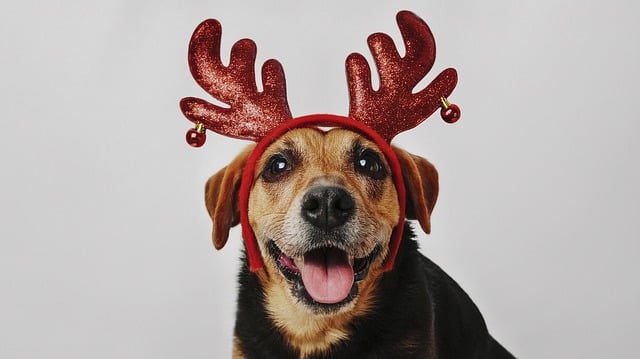
It’s a familiar morning scene for many new dog owners: you walk into the kitchen to find your pup’s nose buried in the trash can, cereal boxes torn open and banana peels scattered across the floor.
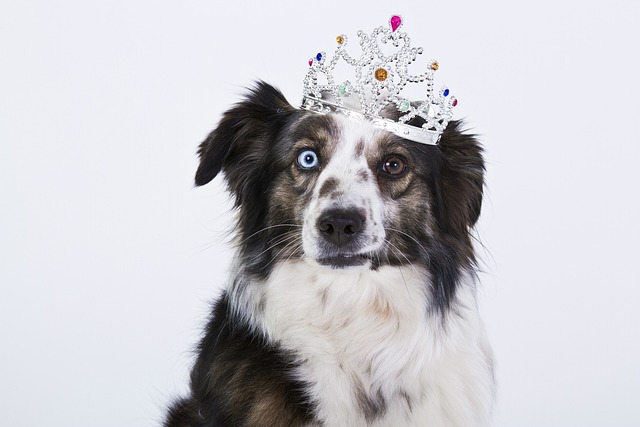
Watching a tiny Yorkie or Chihuahua dart toward the door instead of squatting on the rug feels like a win—but getting there takes time, and every pup moves at their own pace.
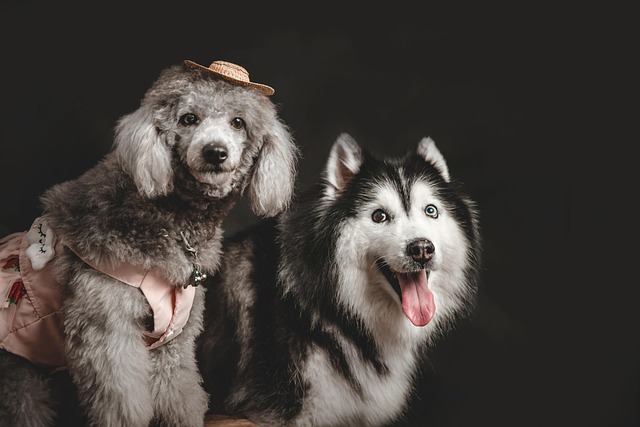
Puppies have tiny bladders, and when you live in an apartment with no yard or during harsh winters that make outdoor trips tricky, indoor potty training becomes a necessity.
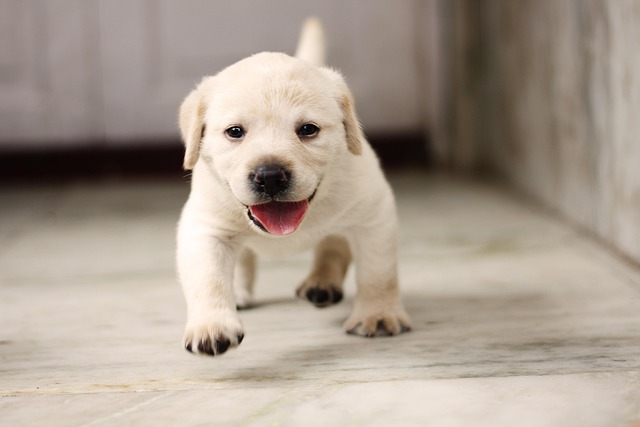
Many new dog parents see agility videos—dogs zipping through tunnels, leaping over hurdles—and think, “We could never do that at home.”
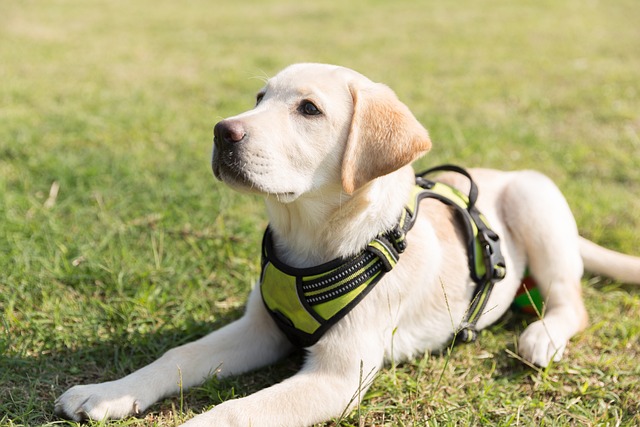
Ever called your dog in the park, only for Fido to pretend he’s suddenly deaf? Or struggled to get him off the sofa when guests arrive? You’re not alone.